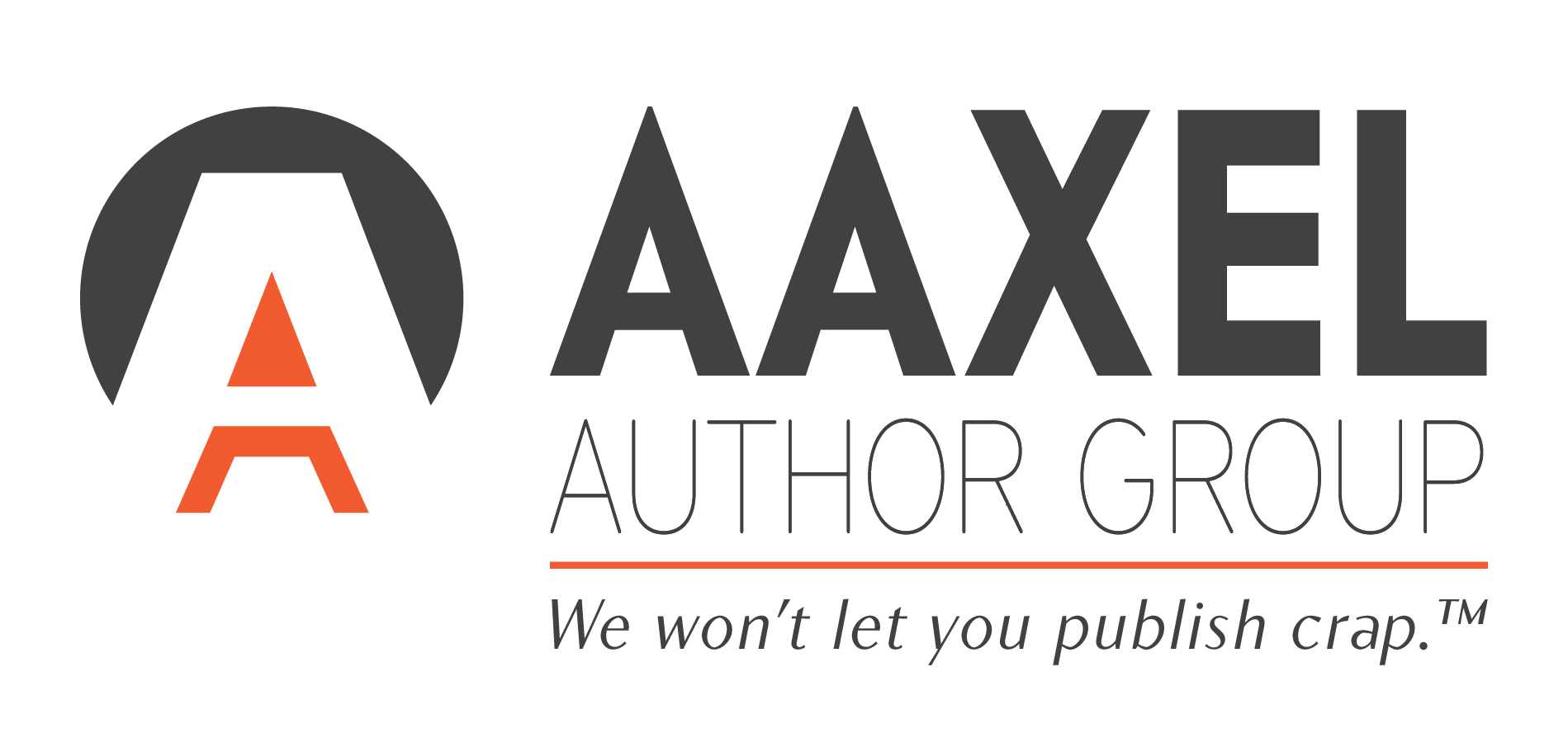Author Press Kits:
The Key Pieces to Make Yours Stand Out
Any author looking to court media attention will want a press kit. But before contacting your graphic designer (or hopping on Canva), it’s best to have a clear idea of what your press kit will contain.
First of all, let’s clarify what we mean by a press kit: a collection of documents that highlight the relevance of your book(s) and your expertise in a way that would be of interest to the media.
So, what documents, exactly? At the Aaxel Author Group, we typically include the following in our author press kits:
-
- A press release
- A mock Q&A
- An author bio
- A book page
- The author’s talking points/areas of expertise.
- Links to any previous media spotlights
The press release can be a generic announcement of the book’s release. If you have additional press releases highlighting other relevant information that will position you favourably with the media, include these as well. (For example, if you or your book recently won an award.)
But be careful—a press release is meant to disseminate information—not serve as a brochure. In other words, avoid flowery language in your copy or anything that comes across as biased. Keep your press release short, objective and to the point.
A mock Q&A is appreciated by media that might need some guidance on the types of questions to ask you. Keep it to 5-7 questions and make them questions that provide you the opportunity to highlight positive messages in your book and/or your expertise.
An author bio is pretty straightforward. Unlike the bio on your website, however, you will want to include anything that embellishes your authority, credibility and relevance.
Your book page should more or less reflect the book page of your website, in terms of content.
Talking points indicate the topics that you are comfortable speaking about. We recommend coming up with creative names for them, almost like titles for keynote talks or seminars. Make sure that each talking point is somehow related to either your book or your overall author identity. For example, if your book is on real estate investing, your talking points will be obvious. It can be trickier for fiction authors, but if you step back from your actual story and examine the underlying theme(s) of your work, that is where you will find your source of inspiration. For example, if your children’s book places great emphasis on nature, one of your talking points could be inspiring young people to care about the environment.
If you have been featured in any third-party media source, you will want to include a page on previous media spotlights. Think about any podcasts on which you were a guest; any blog posts you have contributed to other websites, or any articles you have penned for other publications. These can all be showcased. What would not be eligible for your media spotlight page? Anything produced by yourself unless you have an established YouTube channel that has been consistently active. (Videos are extremely valuable because they allow podcasters and journalists to assess your personality and communication skills.)
Once you have gathered all your necessary content, you want to make sure the design of your press kit is professional and engaging. We also recommend uploading it to your website so that anyone can view it at their leisure.
At the end of the day, if you want your book marketing to include media attention, you want a press kit that puts you in the best light!
But press kits are just one aspect of marketing. At the Aaxel Author Group, we offer a plethora of services. Check out our book marketing packages, or contact us to tell us more about your book and how we can help promote it!
